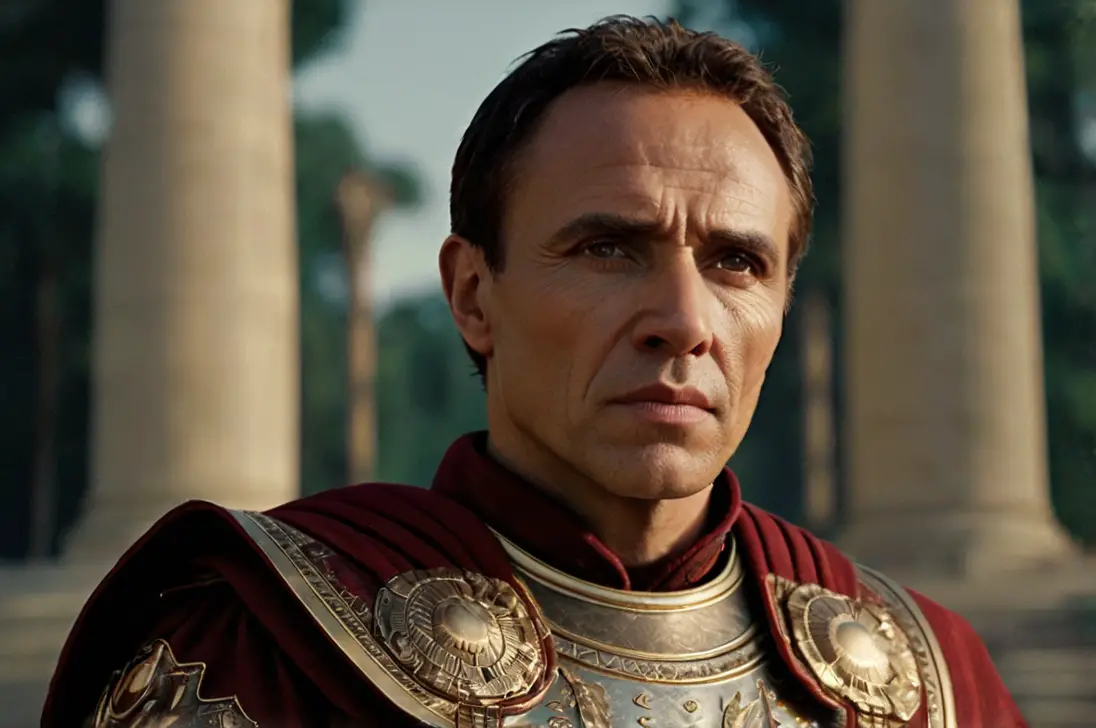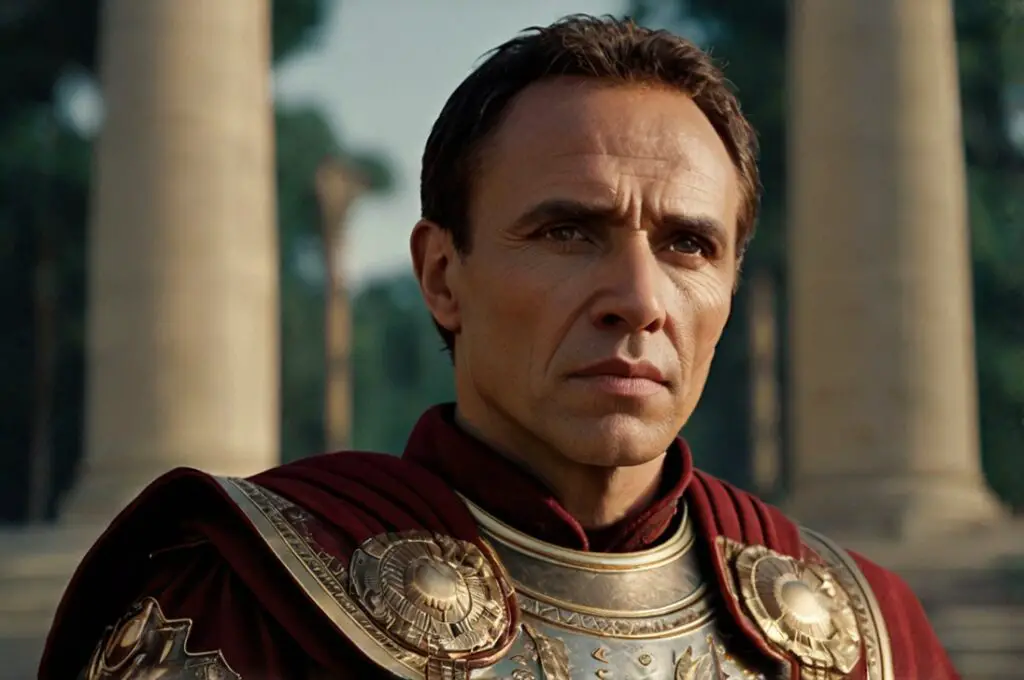
Throughout history, military leaders have played a crucial role in shaping the course of human events.
From ancient conquerors to modern strategists, these individuals have left an indelible mark on the world.
In this article, we will explore the lives and legacies of some of the most influential military leaders in history, from the ancient era to the 20th century and beyond.
Ancient Era
Alexander the Great (356-323 BCE)
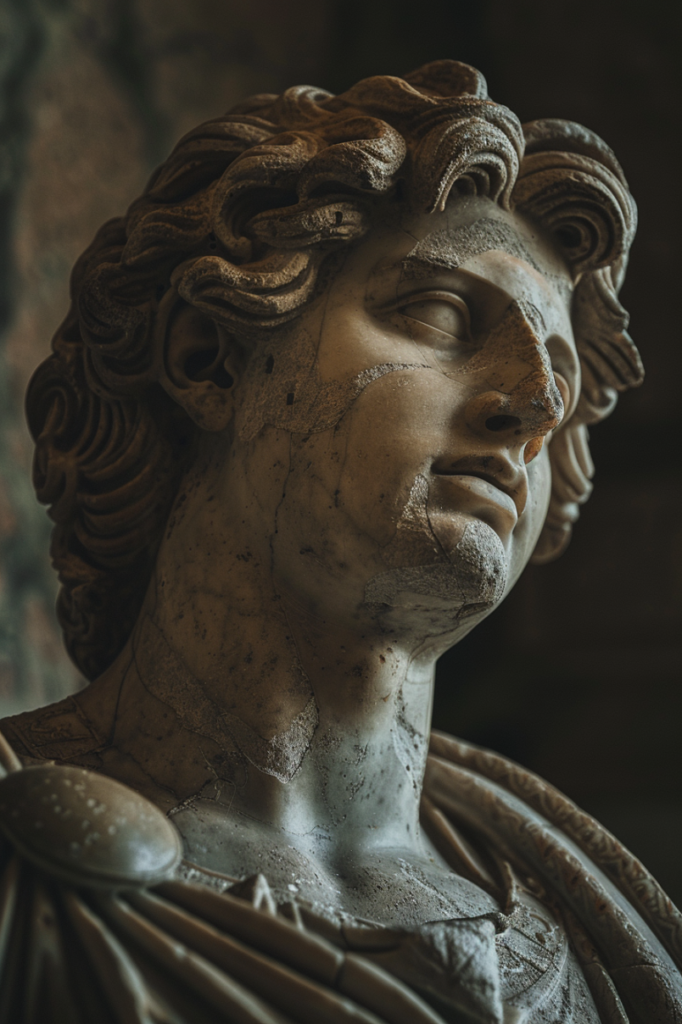
Alexander, born in 356 BCE, ascended to the throne of Macedonia at a young age, inheriting a kingdom poised for conquest.
With unmatched military genius and a thirst for adventure, he embarked on a relentless campaign of conquest that reshaped the ancient world.
From Greece to Egypt, Persia, and India, Alexander’s armies swept across vast territories, forging one of the largest empires in history.
Despite his untimely death at 32 in 323 BCE, his legacy endured through the Hellenistic period, spreading Greek culture, knowledge, and influence far and wide.
Hannibal Barca (247-183/181 BCE)
Hannibal, a Carthaginian military leader, rose to prominence during the Second Punic War, where he waged a relentless campaign against Rome.
His audacious crossing of the Alps with an army, including elephants, stunned the ancient world and demonstrated his ability to overcome seemingly insurmountable obstacles.
Hannibal’s tactical brilliance and decisive victories, such as at the Battle of Cannae, continue to be studied by military strategists, cementing his place as one of history’s most influential commanders.
Julius Caesar (100-44 BCE)
Julius Caesar, a towering figure in Roman history, was not only a formidable military general but also a skilled statesman.
His conquest of Gaul showcased his strategic prowess and expanded Roman territories to unprecedented levels.
Caesar’s political reforms and eventual rise to power transformed the Roman Republic into an autocracy, forever altering the course of history.
His assassination in 44 BCE by a group of senators marked a turning point in Roman politics, but his legacy endured, shaping the enduring influence of the Roman Empire.
Sun Tzu (5th century BCE)
Sun Tzu, a Chinese military strategist, is revered for his timeless treatise, “The Art of War.”
In this seminal work, he articulated principles of warfare that remain relevant to this day.
Sun Tzu emphasized the importance of deception, adaptability, and unity of command, offering insights into the nature of conflict and strategies for achieving victory.
His enduring legacy as a military sage continues to inspire leaders across the globe, making him a revered figure in the annals of military history.
Medieval Era
Genghis Khan (1162-1227 CE)
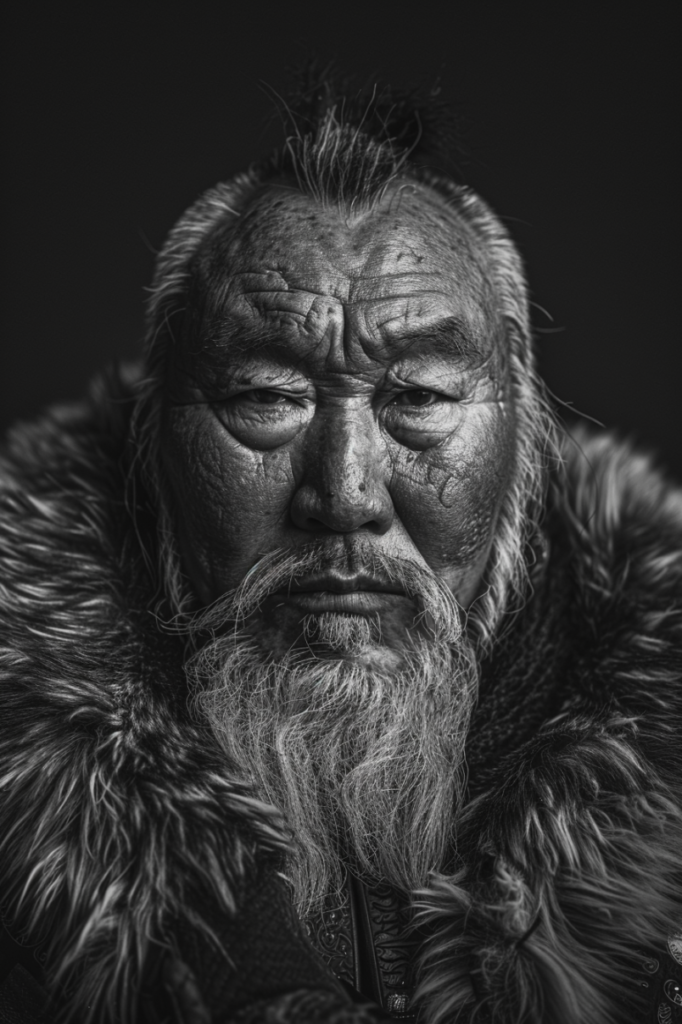
Genghis Khan, a towering figure in military history, rose from humble beginnings to become the founder of the Mongol Empire.
Through a combination of shrewd diplomacy and unmatched military skill, he united the disparate Mongol tribes and embarked on a relentless campaign of conquest.
Genghis Khan’s innovative strategies, including the use of mounted archers and organized forces, revolutionized warfare and altered trade routes, facilitating cultural exchange along the Silk Road.
Despite his ruthless methods, his legacy as a transformative figure in geopolitics and commerce remains unparalleled, shaping the course of world history for centuries to come.
Joan of Arc (1412-1431 CE)
Joan of Arc, often referred to as the “Maid of Orleans,” was a remarkable figure who defied societal norms and left an enduring mark on military history.
Inspired by divine visions, she led French troops to several key victories during the Hundred Years’ War, including the pivotal lifting of the Siege of Orleans in 1429.
Despite her youth and gender, Joan’s unwavering faith and strategic acumen made her a powerful symbol of courage and determination.
Though tragically captured and tried for heresy, her legacy as a symbol of national pride and resilience continues to inspire generations.
Admiral Yi Sun-sin (1545-1598 CE)
Admiral Yi Sun-sin, a revered figure in Korean history, distinguished himself through innovative naval tactics during the Imjin War against Japan.
His use of ironclad warships and strategic brilliance led to a series of decisive victories, most notably at the Battle of Myeongnyang in 1597.
Admiral Yi’s legacy as a visionary military leader serves as a testament to the enduring impact of innovation and strategic thinking in warfare.
Charlemagne
Charlemagne, often hailed as the “Father of Europe,” was a pivotal figure in medieval history who united much of Western Europe under his rule.
Through a series of military campaigns, including the conquest of the Lombards and Saxons, he expanded Frankish territories and promoted the spread of Christianity throughout the continent.
Beyond his military prowess, Charlemagne’s patronage of education, art, and architecture laid the foundation for the Carolingian Renaissance, leaving a lasting legacy on European culture and civilization.
William the Conqueror
William the Conqueror, Duke of Normandy, etched his name in history through his audacious invasion of England in 1066 and decisive victory at the Battle of Hastings.
His military genius and strategic brilliance enabled him to conquer England and establish the Norman dynasty, profoundly shaping the course of English history.
William’s legacy as a conqueror and statesman underscores the enduring impact of military leadership on the trajectory of nations.
Early Modern Era
Napoleon Bonaparte (1769-1821 CE)
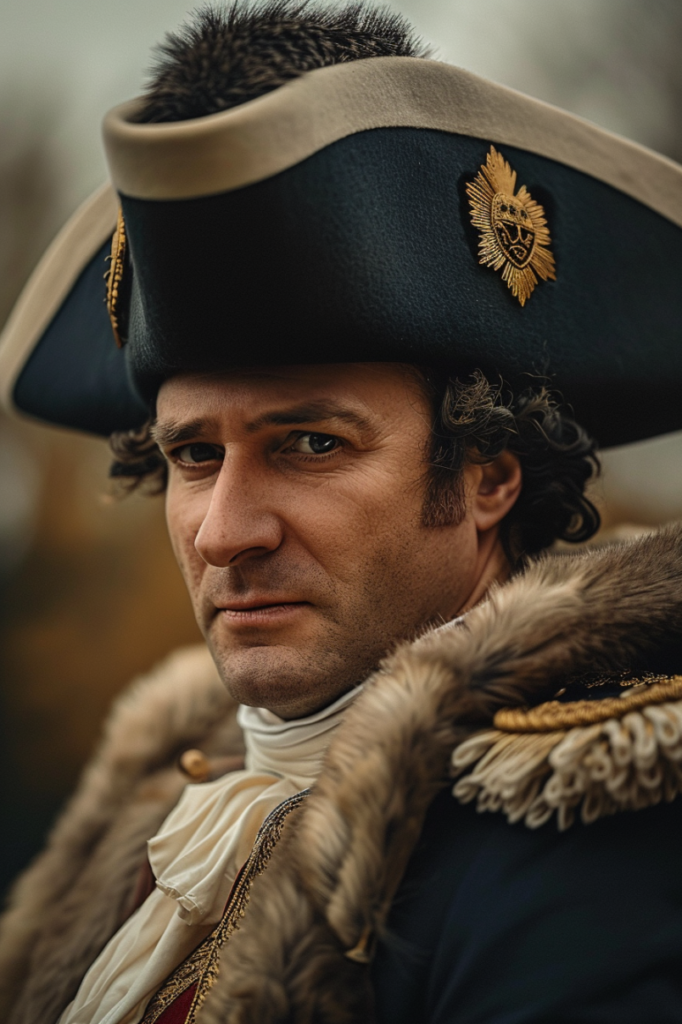
Napoleon Bonaparte, a titan of history, redefined warfare and reshaped the world in the late 18th and early 19th centuries.
Rising from humble beginnings, this charismatic military genius ascended to the pinnacle of power in France through sheer determination and brilliance on the battlefield.
His unparalleled strategic acumen and unwavering resolve led to a series of stunning victories, forging an empire that stretched across Europe.
However, his legacy is complex, symbolizing both the rise of French power and the devastating impact of war on European society.
Admiral Horatio Nelson (1758-1805 CE)
Admiral Horatio Nelson, a legendary figure in British naval history, distinguished himself through his unparalleled leadership and strategic brilliance during the Napoleonic Wars.
His victories at the Battle of the Nile and the Battle of Trafalgar demonstrated his tactical acumen and unwavering determination in the face of formidable adversaries.
Nelson’s innovative tactics and bold leadership cemented his status as one of the greatest naval commanders of all time.
His legacy endures as a testament to the enduring impact of innovative military leadership and serves as an inspiration to future generations of naval officers.
The 20th Century and Beyond
Dwight D. Eisenhower (1890-1969 CE)
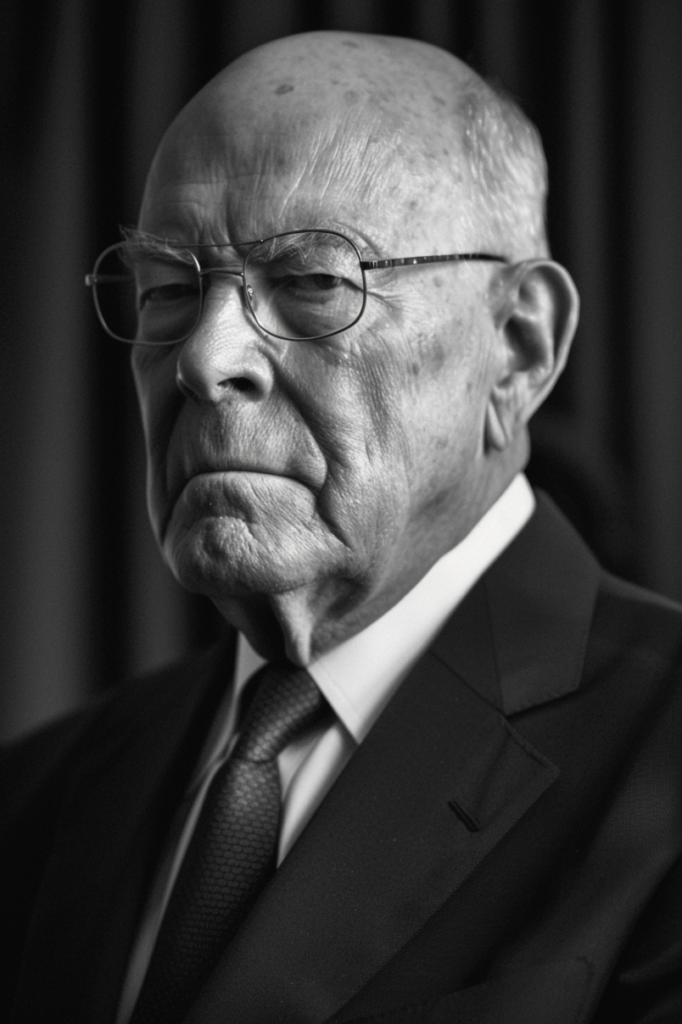
Dwight D. Eisenhower, a dynamic and influential military leader, left an indelible mark on the world stage.
His leadership prowess during World War II, as Supreme Commander of the Allied Expeditionary Forces, led to the liberation of Europe from Nazi tyranny.
Eisenhower’s strategic brilliance and unshakable resolve not only secured victory but reshaped the course of history.
Post-war, he transitioned seamlessly into a two-term presidency, championing domestic progress and international diplomacy through initiatives like the Interstate Highway System and the Cold War.
Erwin Rommel (1891-1944 CE)
Erwin Rommel, a formidable military leader, achieved legendary status for his prowess during World War II.
His innovative tactics in North Africa showcased his ability to adapt swiftly to changing circumstances, outmaneuvering his opponents.
His leadership inspired fierce loyalty among his troops, fostering a unique camaraderie that bolstered their morale.
Rommel’s influence extended beyond the battlefield, as his writings on military strategy continued to shape modern warfare.
His legacy endures as a testament to the enduring impact of a visionary military genius.
Conclusion
Military leaders throughout history have left an indelible mark on the world.
From ancient conquerors to modern strategists, these individuals have shaped the course of human events through their military prowess, strategic brilliance, and unwavering determination.
Their legacies continue to inspire and influence military leaders to this day, serving as a reminder of the immense power and influence that military leaders can wield in shaping our world.

